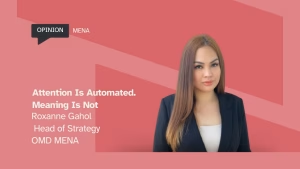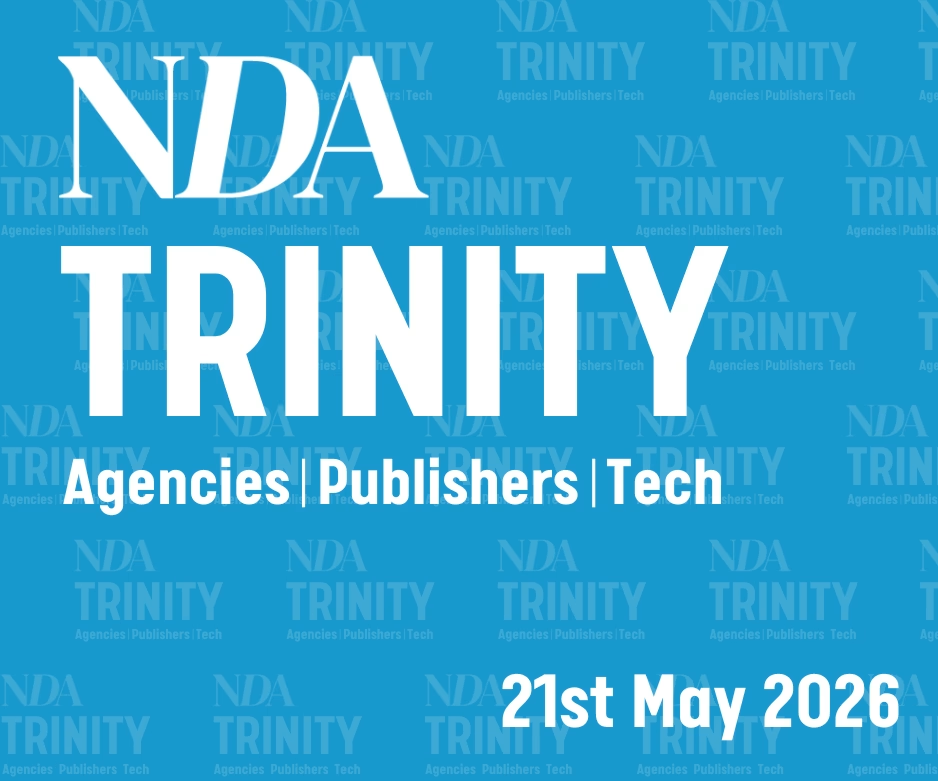by Jenny Tsai, CEO & Founder, WeArisma
Consumers’ purchasing journeys are becoming increasingly fragmented, driven by changing habits in where and how they interact with brands. Indeed, with over 400 billion people on social media, many will now discover brands and products through earned influential sources – namely influencers, celebrities and the press.
As a result, influencer marketing has risen to become an important tool for brands to get closer to consumers and influence their purchasing decisions. But how can brands prove the effectiveness of their strategies in driving this commercial impact? The answer is to have a deeper, more sophisticated understanding of influencer RoI, when it comes to short-term performance metrics as well as long-term brand metrics such as brand affinity and loyalty. And AI can help.
Firstly, it’s important to understand the shift from search to influencers
We’re witnessing a huge shift away from the role of traditional search engines in driving brand discoverability and affinity. That means brands have to make informed decisions when it comes to investing in paid search versus influencers. Many consumers discover brands and products daily on their personalised social feeds recommended by influential third-party sources. And studies even show that 40% of Gen Z users now prefer to use TikTok and Instagram for search over Google which has increased brand investment in influencer marketing.
But unlike what they experience with Google Search ranking, most brands have no idea how they rank on these earned channels and whether their brands and products are being recommended ahead of others. They also struggle to understand how well influencer content is being received, how competitors are performing on these channels and which gaps/opportunities they should be capitalising on.
Given the variety of different sources, platforms and content types, AI is now a critical tool for marketers to adopt to measure RoI and the impact of their spend, because it enables them to make more sophisticated, informed decisions.
AI is indispensable in influencer identification
AI can help marketers identify the right influencers to partner with. To do so effectively, brands must look at influencer marketing as a long-term investment and not just as an add on activity. It comes down to thinking about the holistic influencer strategy and objectives.
Assigning AI and machine learning (ML) to oversee influencer selection negates the need for manual searches and ensures that brands have a pool of vetted influencers to choose from. The greater reach allows brands to discover strong-performing influencers that may have previously been overlooked and “moneyball”* their influencer strategies.
Advanced selection criteria, ranging from previous product and brand collaborations to engagement rate allows marketers to find influencers that truly align with their brand and can lower the risk of investing in the wrong partnerships, as well as freeing up time for marketers to focus on the creative process.
And when it comes to investing in influencers, it’s not just about allocating budget based on the RoI the influencer could generate but ensuring that the budget and spending is data-backed before spend is allocated. If an influencer doesn’t align with a brand or resonate with its audience, then no matter their following, brands risk the partnership falling flat and not seeing the RoI they’d hoped for.
AI enables marketers to become more sophisticated with metrics such as influencer risk and loyalty when it comes to identification, and as a result, allocate their budget effectively by ensuring collaborations are brand aligned and brand safe.
Measuring and optimising strategies through AI
AI empowers marketers to measure campaign effectiveness, optimise strategies, and drive commercial impact in an evolving landscape. It enables brands to not only quantify brand mentions and engagements from influential third parties but can also assess if these interactions are effective in driving brand affinity and commercial impact.
Firstly, it can help marketers analyse and sift through data far quicker and with more accuracy than a human team. It captures how the brand is being received across multiple performance and brand KPIs.
Secondly, AI generates patterns and learnings from this data, which marketers can then use to make strategic decisions to optimise their campaigns. AI can inform budget allocation and platform focus as well as predict campaign performance and provide recommendations on new influencers to engage with.
Finally, AI can help brands benchmark performance against competitors, as well as learn what was effective within their strategies – delivering key learnings that marketers can use to inform future campaigns and improve strategies over time.
Using AI will enable marketers to deeply understand, articulate and improve how their brand is being perceived in relation to competitors in order to gather the true ROI from their influencer marketing budgets. Only with these insights can marketers build a holistic strategy that will enable them to garner the brand affinity that can deliver real commercial impact to their business.
* Applying advanced analytics to a domain to improve outcomes. Cited by Michael Lewis in his bestseller book “Moneyball: The Art of Winning an Unfair Game”










